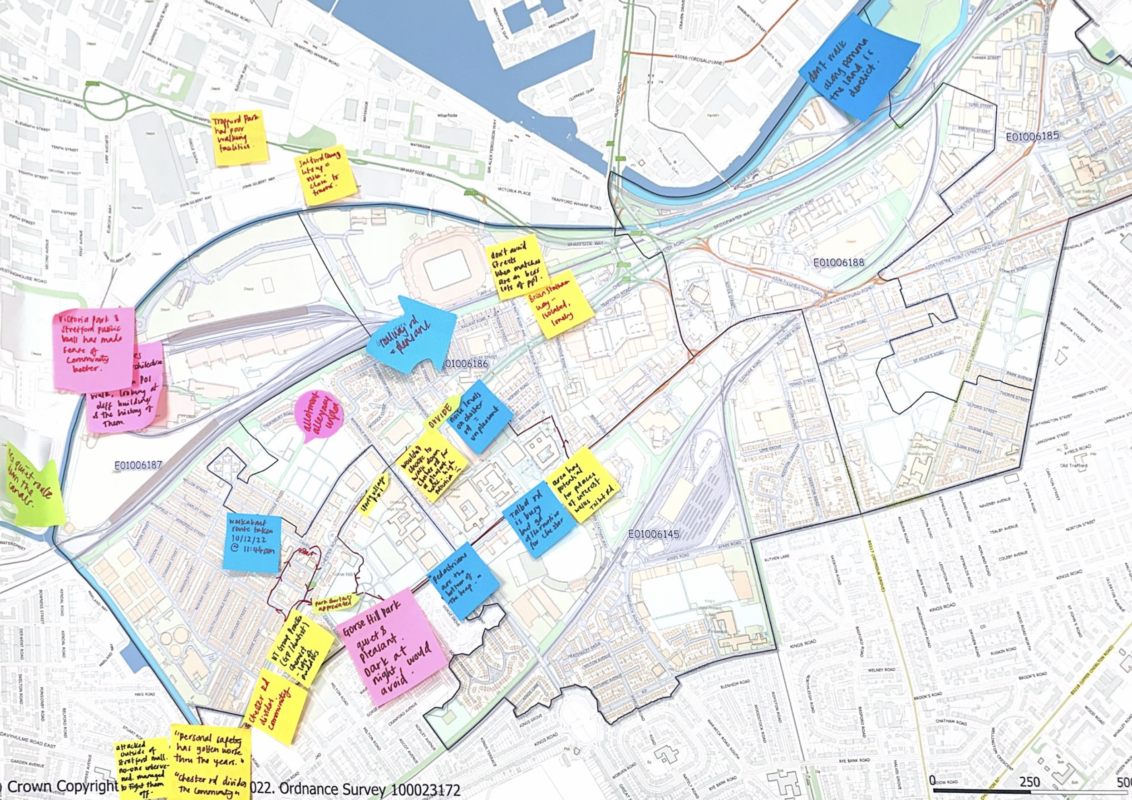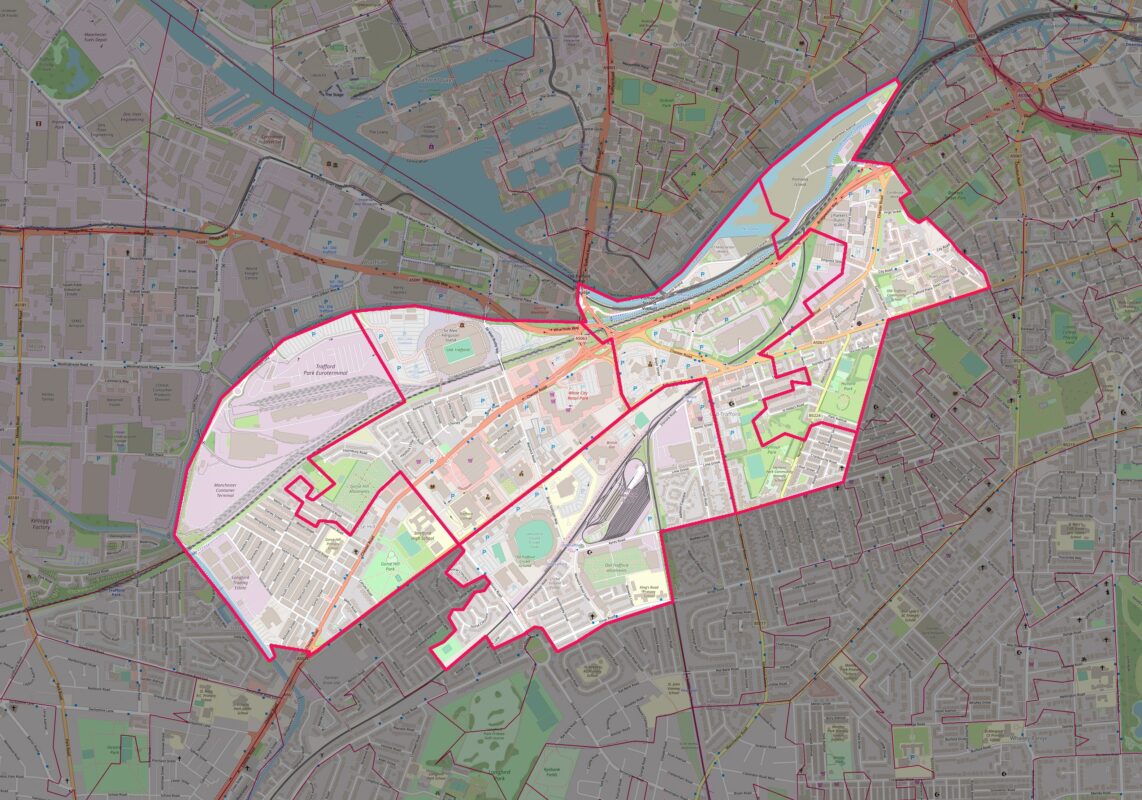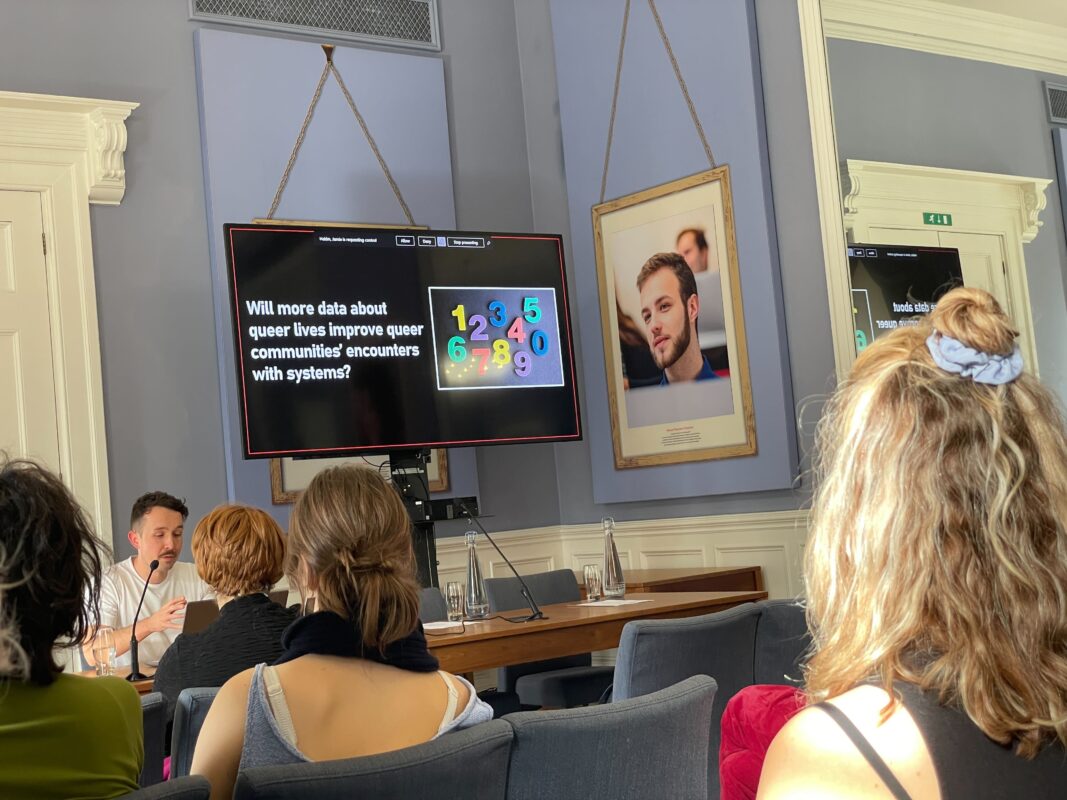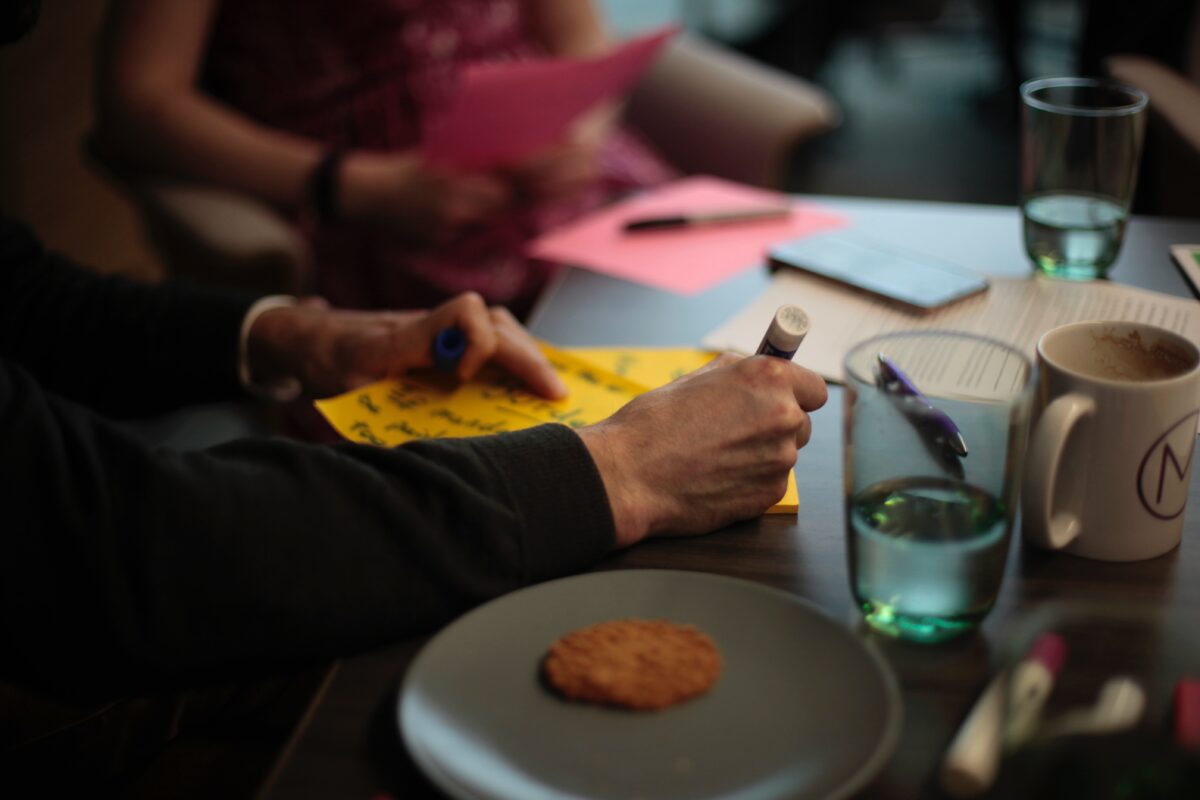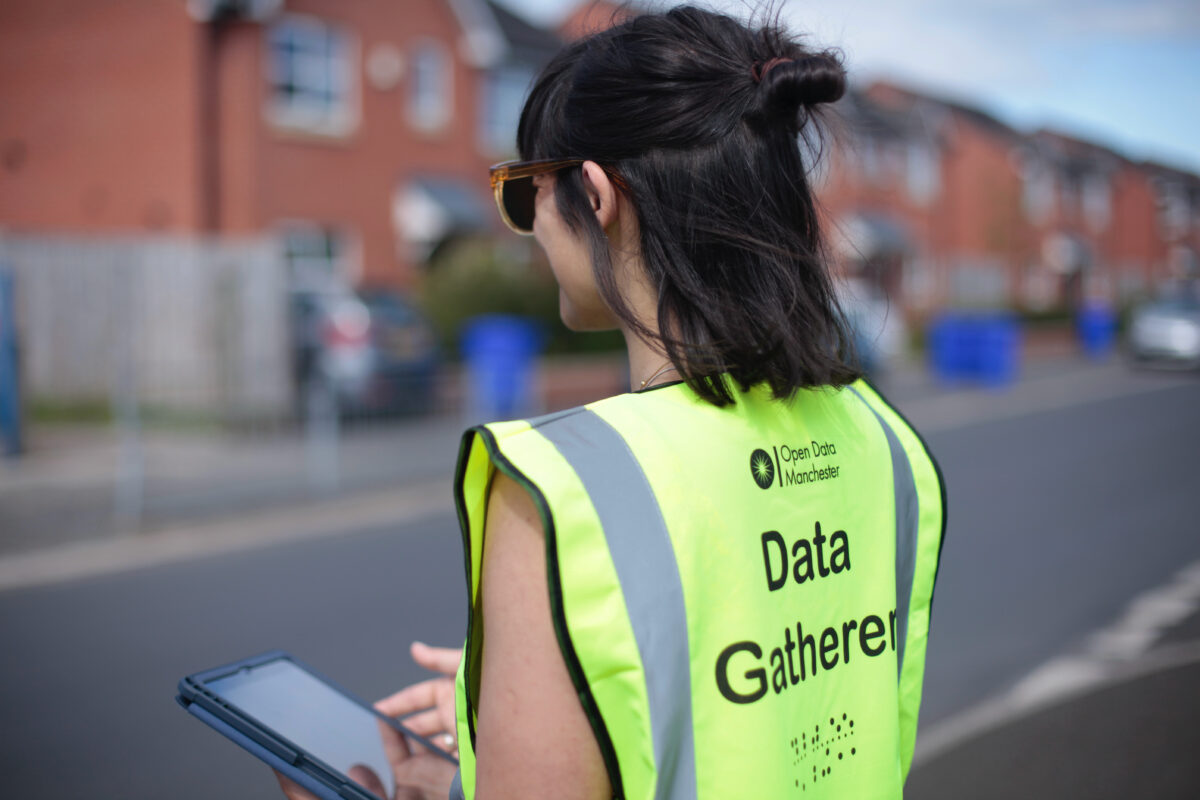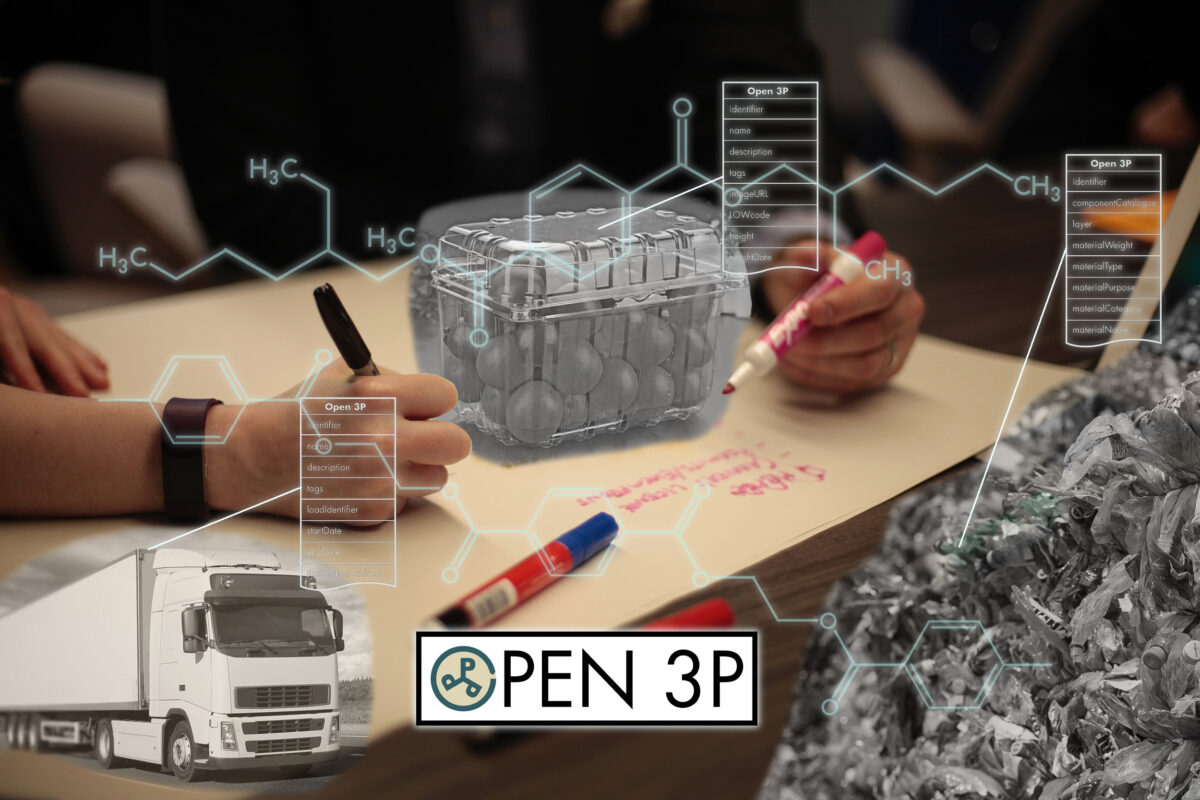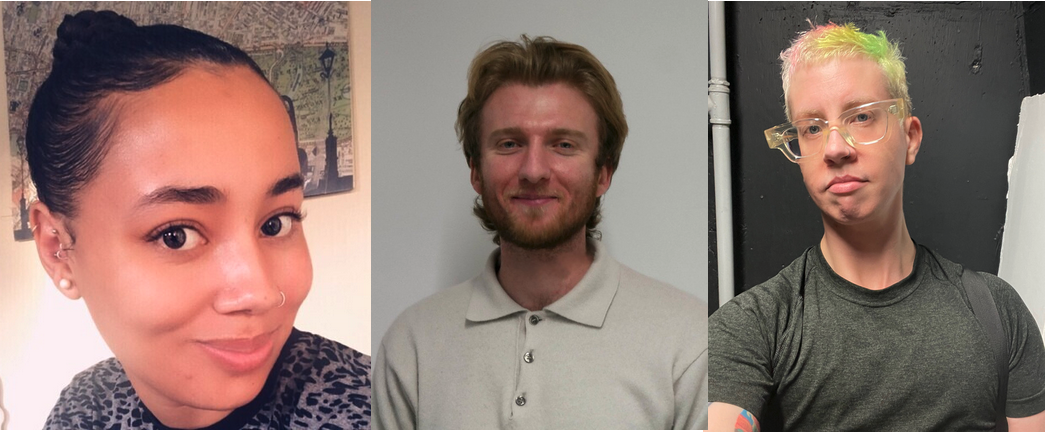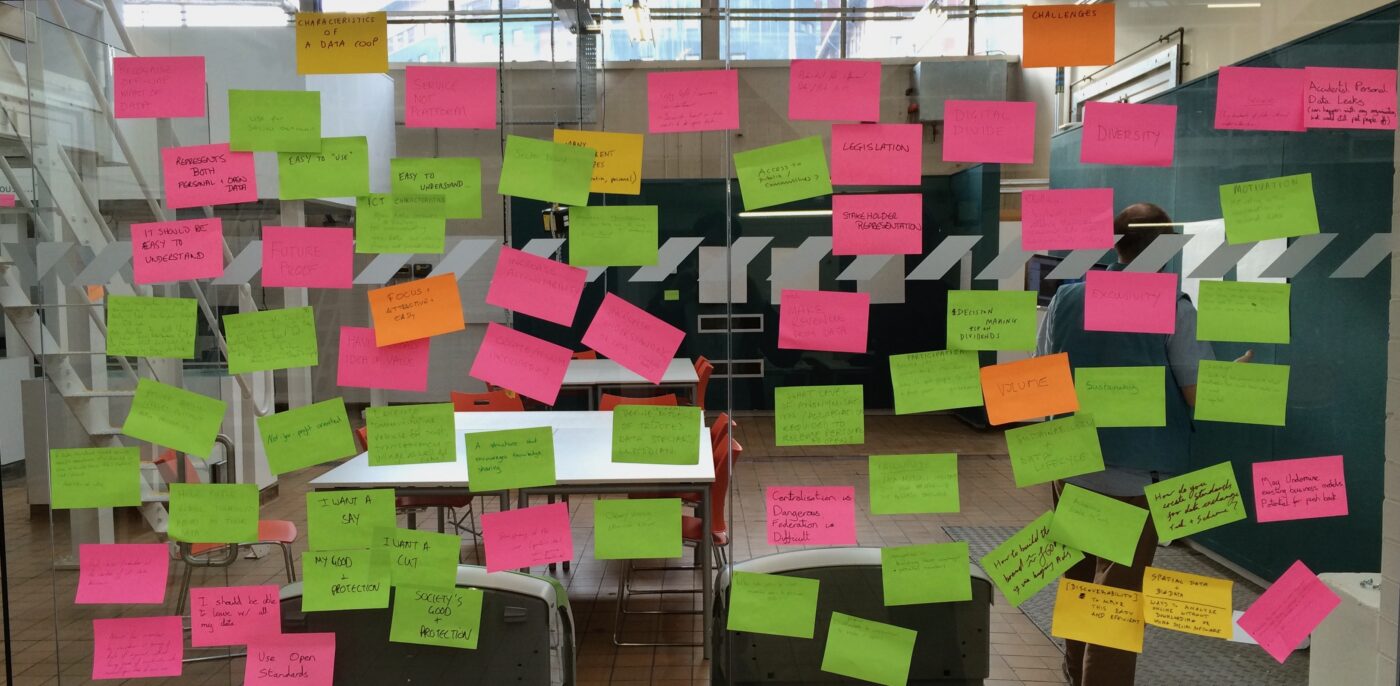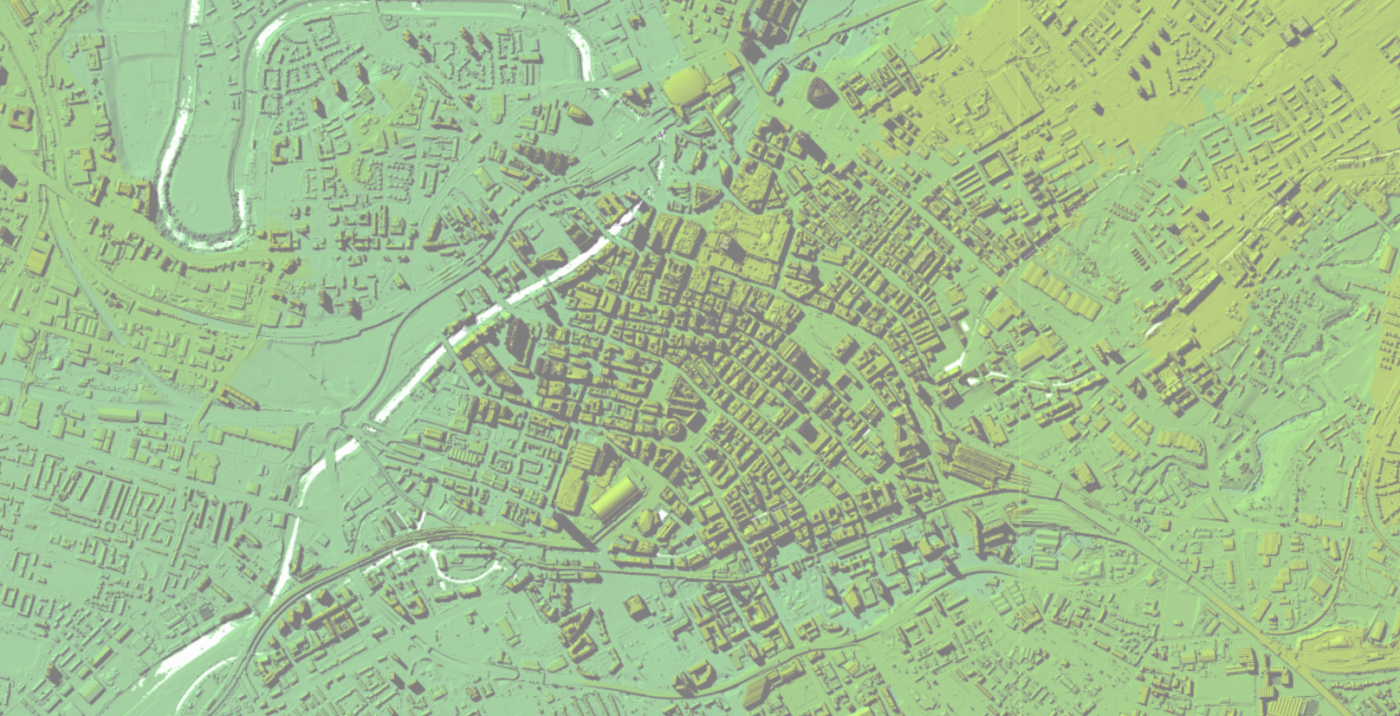As part of the ‘Right to the Streets’ project, Open Data Manchester are conducting walkabout workshops in the Old Trafford, Gorse Hill and Firswood area. Last month we had our first walkabout sessions at Gorse Hill Studios. It was lovely to see some of you in attendance, especially since we were greeted with the first snowfall
As part of the Right to the Streets project (previously known as Safer Streets Trafford), Open Data Manchester will be running workshops and organised walks to map the Gorse Hill, Firswood and Old Trafford area from the perspective of women, girls, and those identify as trans or non-binary who live or work in the area
In late October, I travelled to London for the Queering Digital Cultures symposium, which aimed to interrogate therelationship between queerness and digital systems of knowledge production. The speakers and audience members were a diverse mix from academia, art, games, ethical tech and government. Sadly, I had to miss the latter part of the event due
Open Data Manchester are working with Manchester City Council on a programme of work that will help understand how digital exclusion is impacting local communities, how to support the people who volunteer and to help build capacity in community organisations to develop a user needs approach to their programmes. The first part of the programme
Thirteen years seems like a long time to create a strategy for our organisation, but we think that Open Data Manchester isn’t a normal organisation. It started out as an idea formed from a group of people who thought that by making data open and accessible people could understand more about their communities and the
Open Data Manchester is developing a Community Data Handbook – an open resource that will enable communities to carry out their own data projects. Throughout 2021, as part of Our Streets Chorlton, Open Data Manchester helped to organise community-led data collection, including local traffic counting and air quality monitoring. More than 40 local volunteers participated in
After over a year of development we are delighted to launch the Open 3P data standard for the plastic packaging industry. Created in collaboration with our project partners Dsposal, OPRL, Recoup and Ecosurety and supported by Innovate UK’s Smart Sustainable Plastic Packaging (SSPP) fund. The standard allows all actors within the plastic packaging value chain,
Over the past couple of months we have been recruiting with the help of Collaborative Future, and are really pleased to welcome three new team members! Shanice Blair is our new Office Manager, and is currently completing an MA in Intercultural Communication at the University of Manchester. Before moving to Manchester last September, she graduated
Over the past few years we have been interested in how cooperative organisations can help groups of people and organisations better manage their data so that it can return value for themselves, their communities and wider society. Misuse of data Data has the potential to help solve some of the biggest challenges that society is
Open Data Manchester are supporting an exciting initiative, the Digital Solutions Programme, led by Professor Richard Kingston at the University of Manchester. This post will overview our process, what we have learnt so far and how you can get involved in the next stages of this impactful initiative. The initiative runs over the next 4 years and

